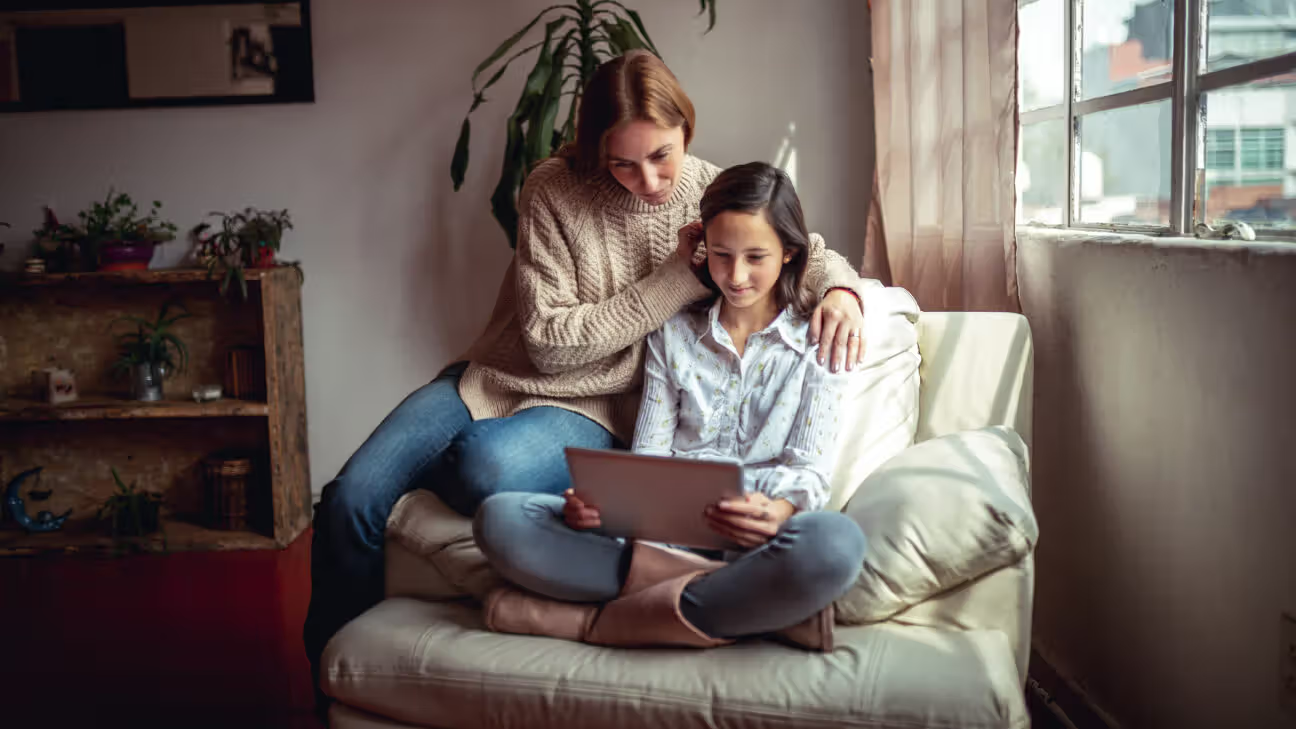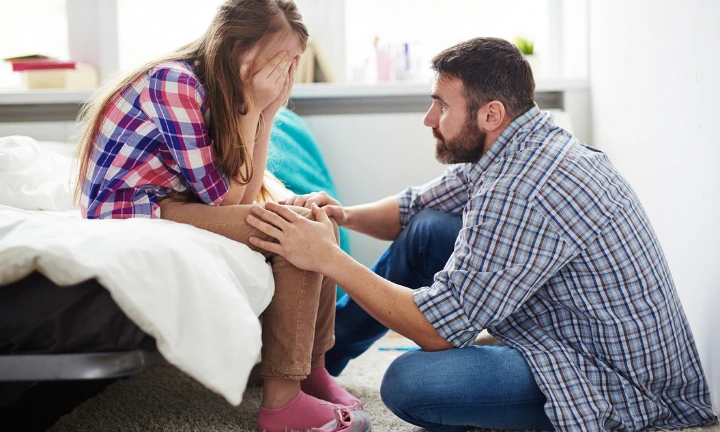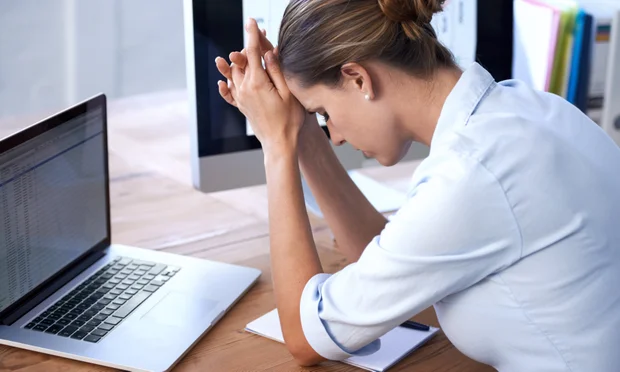Teachers play a vital role in educating young girls about menstruation, especially in cases where family discussions may be limited. In Indian schools, teachers should provide accurate, age-appropriate information about menstruation as part of the curriculum. They need to create a safe space where girls can ask questions without feeling ashamed. Teachers should also ensure that school facilities are adequate for menstruating girls, including clean toilets and proper disposal systems for sanitary products. By promoting a positive attitude towards menstruation, teachers can help reduce stigma and misinformation.




